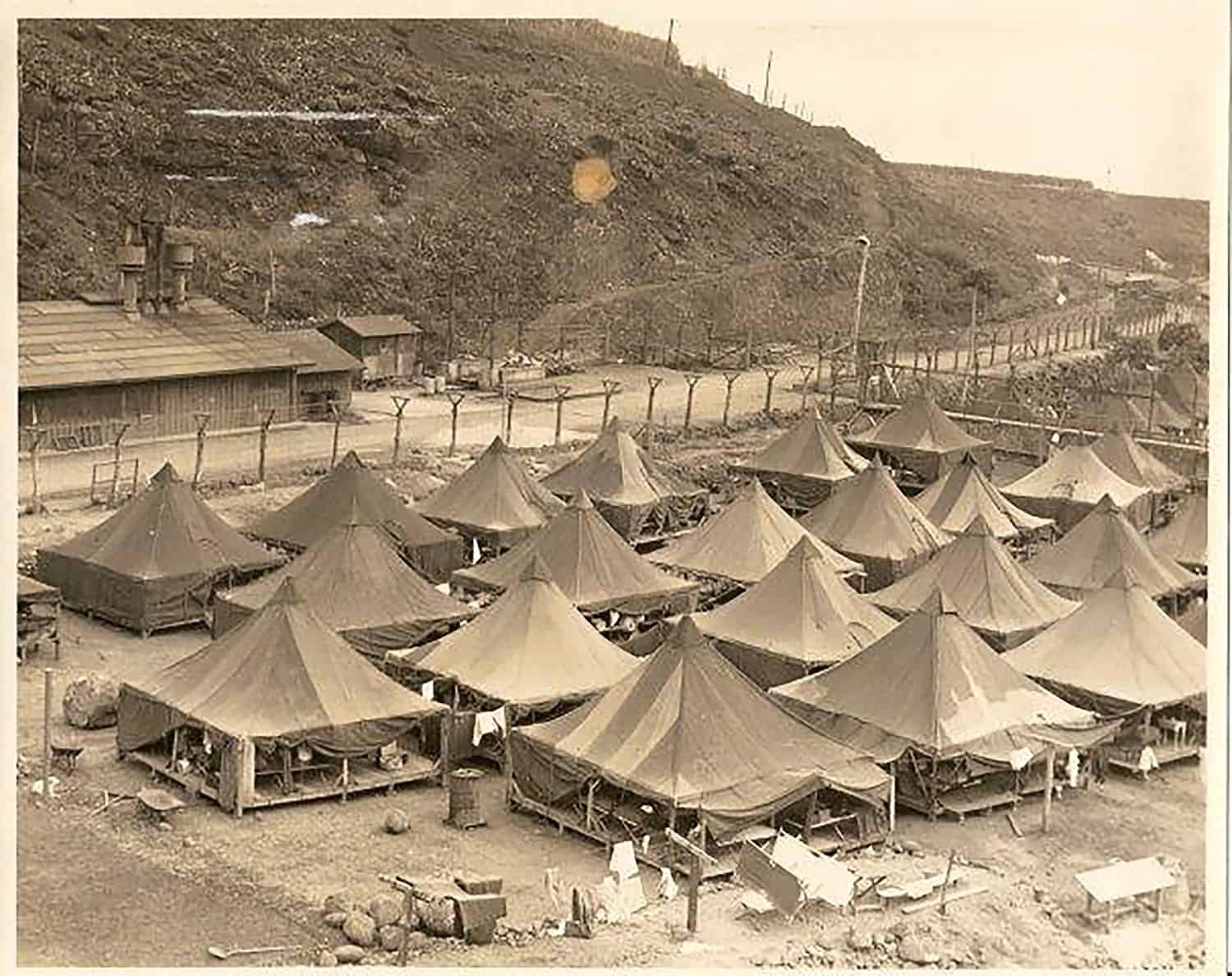
When Justice Fails: Threats to the Independence of the Judiciary (JS 644)
Tuition
1799
Conference Fee
499
Days
to
Course Location
Miami, FL
Course Fees
Tuition
$1799
Conference Fee
$499
Judges can be subjected to conflicts between the law and their consciences. This course provides the intellectual tools to recognize potential threats and emphasizes the importance of maintaining an independent judiciary.
How does an independent judiciary contribute to a just society? What is necessary for a judiciary to be truly independent? This course examines these questions as we scrutinize historical and current events to see where judges have struggled with powerful personal, ethical, and political pressures. The faculty and participants will examine atrocities such as the holocaust to more modern examples of failures of judicial independence.
The course will include visits to the Miami Holocaust Museum, the site of the 1980 race riots, and the historic police station and courthouse.
Course $1799
Conference Fee $499
Scholarship assistance makes NJC courses more affordable for judges.
During this course, you will learn to:
- Define how legal and judicial systems are influenced by a government’s political philosophy;
- Analyze the power of hate groups and other forces that negatively influence judicial independence;
- Describe potential areas of tension between the canons of ethics and the application of the rule of law; and
- Identify the elements of an independent judiciary.
Faculty include:
Hon. Scott Bernstein, 11th Judicial District of Florida, Unified Children’s Court; Dr. Marvin Dunn, Professor Emeritus, Florida International University; Hon. Reba Page, Armed Services Board of Contract Appeals; and Hon. Reggie Walton, Senior Judge U.S. District Court for the District of Columbia
To ensure a room in the hotel room block, reservations must be made by Friday, November 1, at 5 p.m. Pacific.
This course qualifies for The National Judicial College Certificate in Judicial Development program Administrative Law Adjudication Skills, Dispute Resolution Skills, General Jurisdiction Trial Skills, Special Court Trial Skills, and Tribal Judicial Skills disciplines.

Judges can be subjected to conflicts between the law and their consciences. This course provides the intellectual tools to recognize potential threats and emphasizes the importance of maintaining an independent judiciary.
How does an independent judiciary contribute to a just society? What is necessary for a judiciary to be truly independent? This course examines these questions as we scrutinize historical and current events to see where judges have struggled with powerful personal, ethical, and political pressures. The faculty and participants will examine atrocities such as the holocaust to more modern examples of failures of judicial independence.
The course will include visits to the Miami Holocaust Museum, the site of the 1980 race riots, and the historic police station and courthouse.